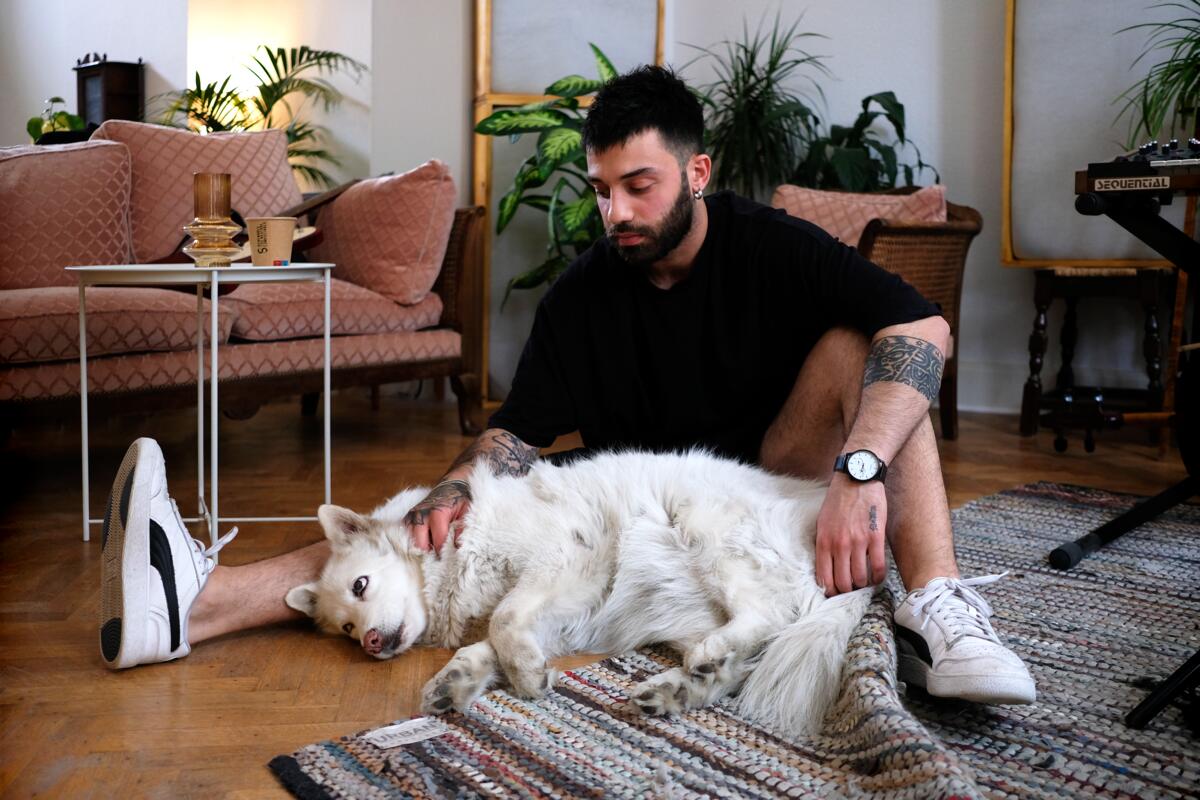Dreams do come true: advancing local integration in Venezuela
Dreams do come true: advancing local integration in Venezuela

GUASDUALITO, Venezuela, 14 August (UNHCR) - Celina Gelvez was celebrating with a house warming party, joined by refugee friends, neighbours, government officials and UNHCR staff. The parish priest of the Guasdualito Cathedral was also there on the patio to bless the new three-bedroom house she had received from the Venezuelan government.
Some 20 twenty years after she was first displaced from her home in Colombia, a dream had come true.
Gelvez was born in San Ignacio, in Cesar Department, Colombia, but spent a decade displaced inside her native country, fleeing several times with her family from irregular armed groups.
"Eventually, the situation became so unbearable that I had no choice but to take my children and flee our home country," she said. "We left our home and all our possessions there; we arrived in Venezuela with empty hands."
In 2002 she came to the Bolivarian Republic of Venezuela with her two sons. Now aged 35 and 30, one has a mild cognitive disorder but the second has a severe mental disability. Since their arrival, the 66-year-old asylum-seeker and the family that she heads had lived in a tin shack in Samaria, on the outskirts of Guasdualito, Apure State.
"Living in a new country with a disabled child and without regular employment, I found it almost impossible to improve my situation," Gelvez said, citing the search for a decent place to live among the biggest challenges. "Nevertheless, I always dreamt about a better and safer house for my children."
Despite the challenges, Gelvez, assisted by a micro-finance programme, raises hens and ducks to earn income, keeping her active in the community and helping with her own integration.
She takes part in projects organised by UNHCR, CARITAS, the Apure State Secretary of Culture and the government programme named Bario Adentro that is aimed at elderly refugees and Venezuelan nationals in the Guasdualito area. The programme includes cultural and sport activities, and beneficiaries also receive weekly medical check-ups.
Additionally, Gelvez has joined in other community-based projects funded by UNHCR and the local Community Council in Samaria to promote human rights and local integration of refugees and asylum-seekers. UNHCR has recorded some 400 recognised refugees and 4300 asylum seekers in Apure State, all originally from Colombia.
Taking Gelvez's situation into account, the Community Council in Samaria included her and her family as beneficiaries of the government-run housing project Rancho por Casa (Huts for Houses) in which the community builds free housing for those in extreme poverty. She in turn assisted by cooking meals for those involved in the construction and painted not only her own house, but those of neighbours built under the programme.
Her case illustrated what can be achieved through UNHCR community based-projects in partnership with local institutions. It also showed the commitment of the Venezuelan government to refugees' rights and including refugees in public policy.
Gelvez's life has taken on new hope and colour. After a day of music and food spent with her friends, neighbours and representatives of her community, Gelvez and her children spent the first night in the safety of their new home.
Marcela Rodriguez-Farrelly, Head of the UNHCR Field Office in Guasdualito, Venezuela









